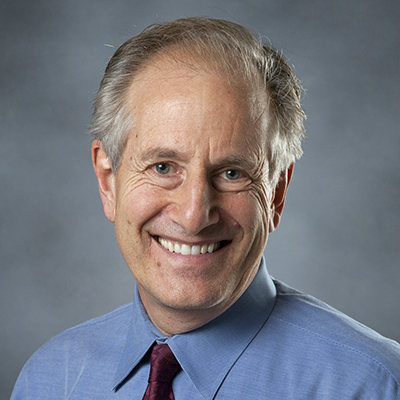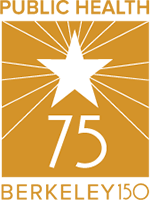
“The medical system needs to better integrate with the community health and social service resources if we are to influence the upstream determinants of health. Conversely, community health organizations need to better collaborate with and influence the medical care systems.”
David S. Sobel MD, MPH ’78 is a practicing physician who served as the director of patient education and health promotion for The Permanente Medical Group and Kaiser Permanente Northern California and is an adjunct lecturer at the Stanford University School of Medicine. Sobel’s research and teaching interests include chronic disease self-management, patient education, preventive medicine, and behavioral medicine. He has written numerous books including The Healing Brain, Healthy Pleasures, and Healthy Living with Chronic Conditions as well as appearing on television more than 200 times to educate the public about health issues.”
Secrets to success
“I have worked primarily within the medical care system as a primary care physician and medical director of patient education and health promotion for Kaiser Permanente Northern California. I have come to view the medical care system as not something separate from public health. The medical system needs to better integrate with the community health and social service resources if we are to influence the upstream determinants of health. Conversely, community health organizations need to better collaborate with and influence the medical care systems.”
Public health dream team
“Really difficult question but here are a few choices:
- Kate Lorig: focus on real-world, effective solutions to empowering the true primary care providers for chronic disease- i.e. the patients and families.
- Robert Pearl: one of the freshest, strategic thinkers on redesigning medical care with a track record of driving large-scale organizational change and operations.
- Barack Obama: because he needs a job and now has a keen understanding of what it takes to execute change.”
Theme song while at Berkeley
“‘Imagine’ by John Lennon and Yoko Ono-helps us think differently about problems and solutions.”
A fable:
“Once upon a time, in a land not very far away, was a community located along the banks of a river. The citizens were distressed because so many people were drowning in the river. So, they developed ambulance speed-boats, impressive resuscitation procedures, and intensive care units. Sometimes the rescues worked, but often they did not. Either way, their heroic medical efforts fully occupied their time, attention, and resources. Then one day someone asked, ‘What’s going on upstream and why don’t these people learn to swim?'”














